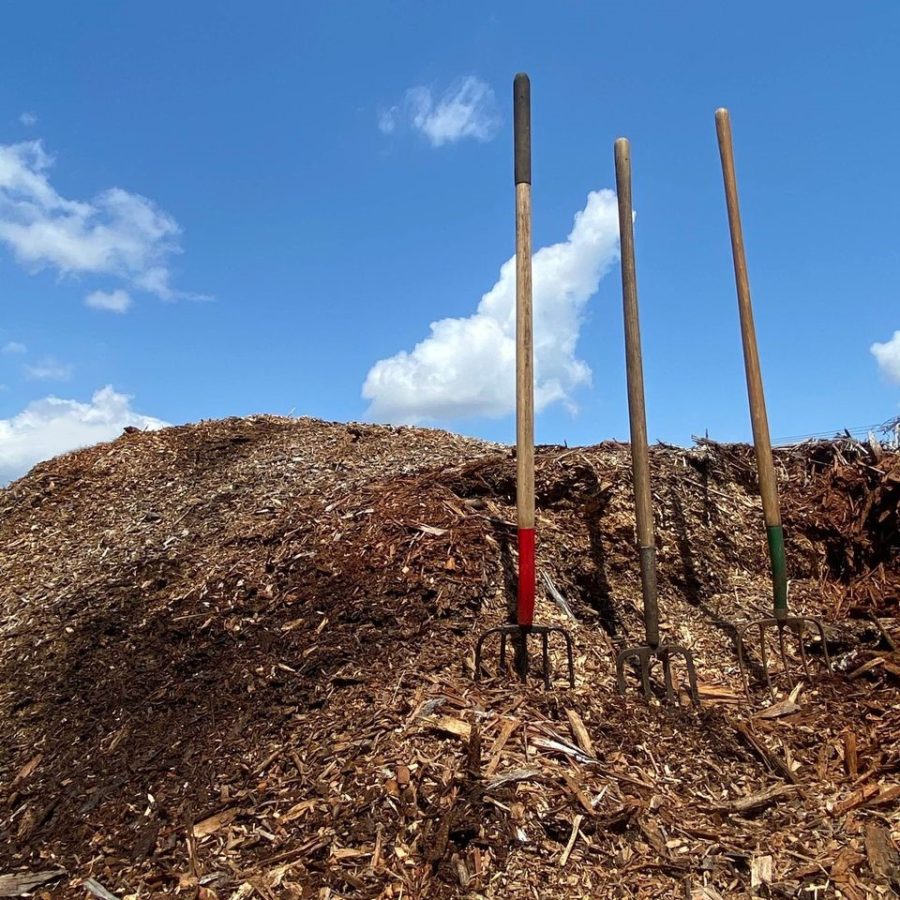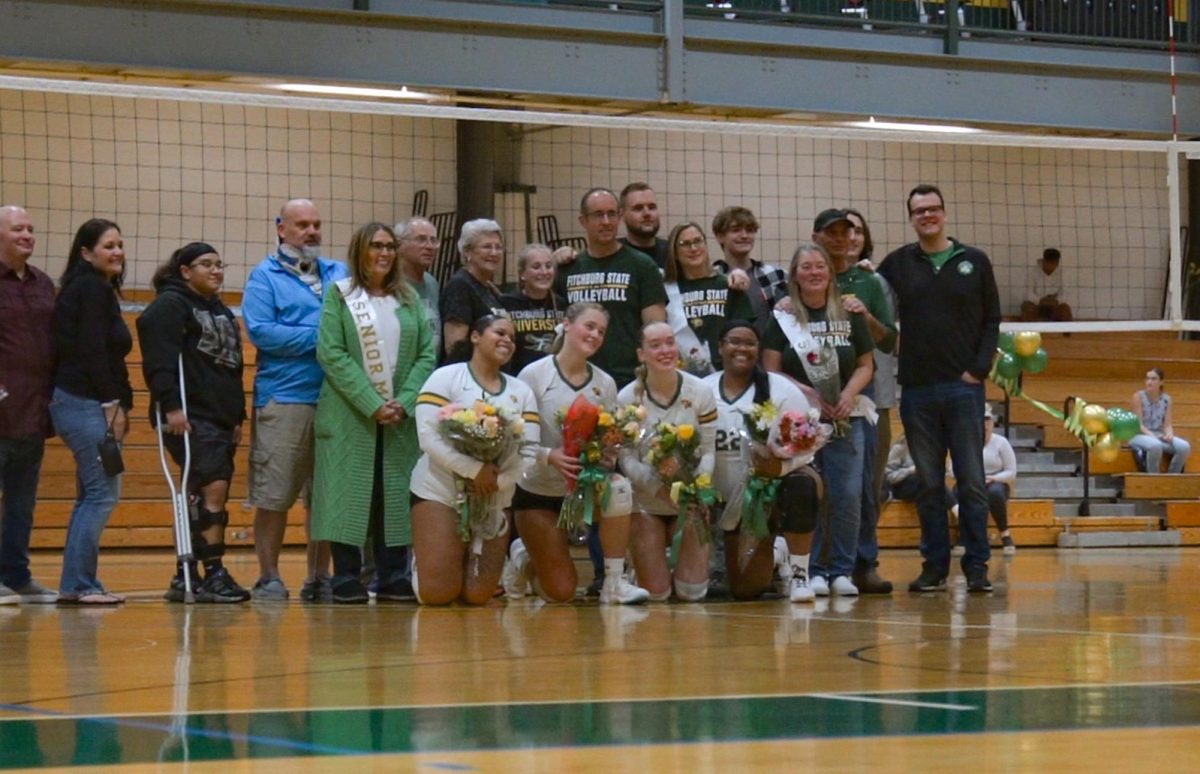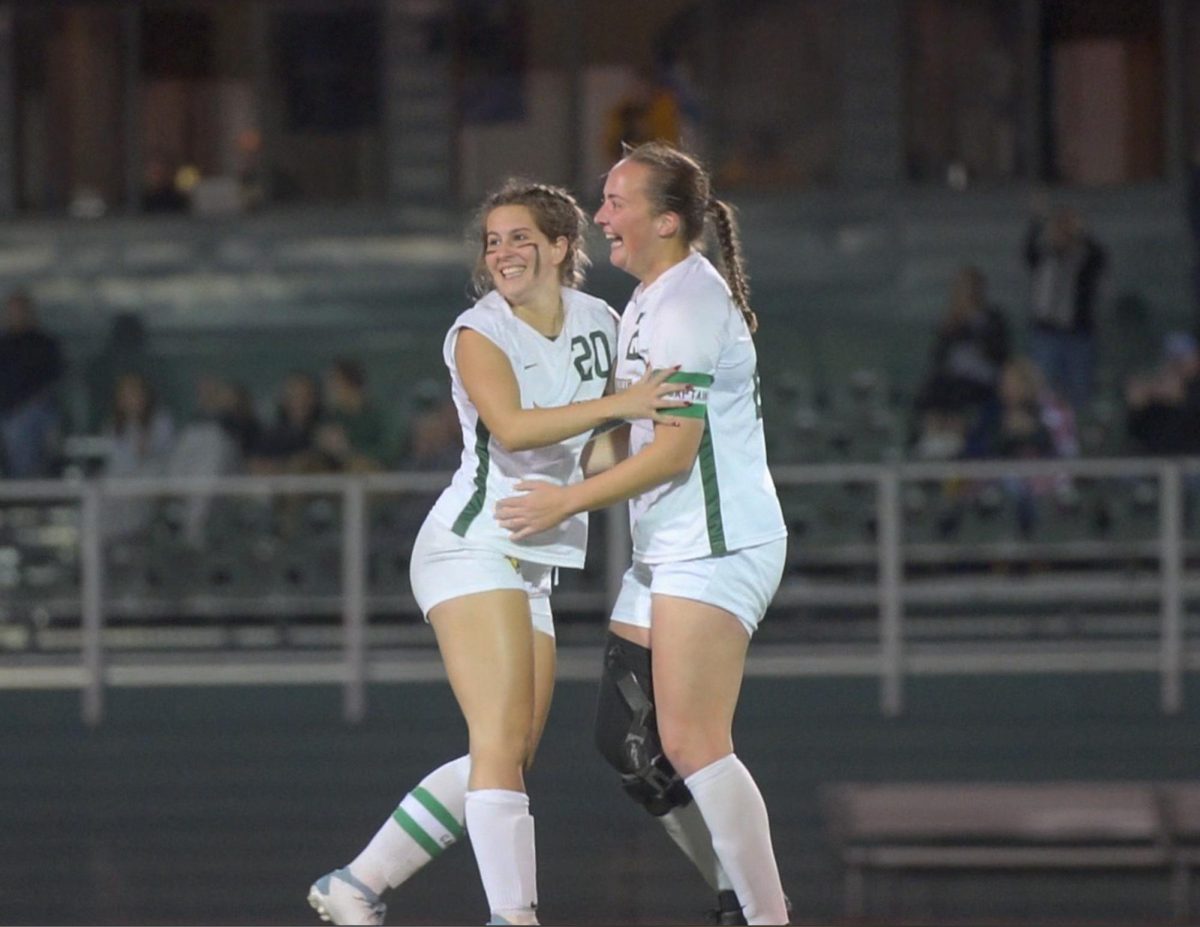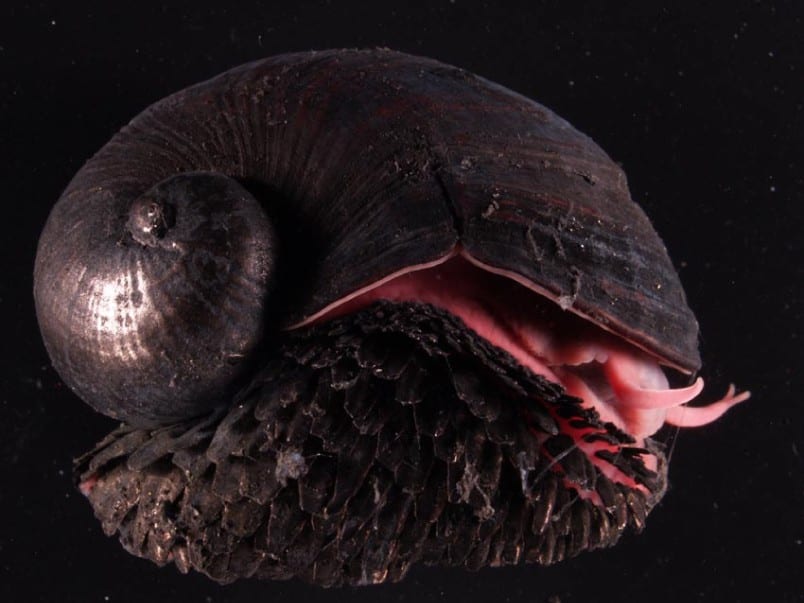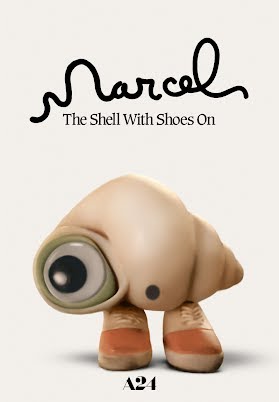Changes to Food Disposal Law Creates Demand for Waste Disposal Initiatives
November 15, 2022
Changes to the Massachusetts Waste Disposal Bans take effect on Nov. 1, 2022. According to the Mass.gov website, one change includes a lower threshold of one-ton per week for food and waste disposal. Back in Oct. 2014, institutions were banned by the Mass Department of Environmental Protection from disposing of their organic waste if it generated over one ton per week. Since the initial law took effect, universities have already been successful in hosting waste reduction events and rolling out their new composting programs.
Fitchburg State University held an event on Oct. 18, 2022 about waste reduction. In an email from the moderator of the event, FSU student Akua Serebou, a Biology major with a Health Science concentration and Chemistry minor, said the event taught about how waste is processed and the results of mixing trash and recycling. After being part of the event, Serebou says, “I am more aware and careful when disposing my waste and I am more encouraged to recycle.” For a recording of the event, please contact the dean of the school of health and natural sciences.
Coinciding with the waste reduction event, later that week, on Oct. 21, in an interview with founder and owner of City Compost, Adam Jankauskas spoke to us about what composting is, and why it is not only important, but beneficial. Jankauskas began simply when he said, “composting is recycling for food.” Then, he spoke about how to get started, whether on campus or not.
For anyone starting out and has the yard space, he suggested that the best option is a three-bin pallet system where the food scraps will be collected. A few important notes were to mix the scraps with a carbon material, such as leaves, and to make sure to avoid chemically-treated wooden pallets.
As for anyone on campus, Jankauskas has worked with other universities to set up composting initiatives and suggests it is simple enough to get it going, especially when there is a club involved. Then, after teaming up with the Facilities and Food Services Department, collection areas can be set up at the kitchens and dorms. Jankauskas said pick-ups had been as frequent as three-times per week for an institution similar in size to FSU, collecting over two tons per week.
A grim reminder about the devastating repercussions of sending food scraps to the landfills instead. Jankauskas hit a serious note when he said that not only do the scraps petrify, or change into a stony substance, but any liquids or gases that are released, are mixed with potentially hazardous materials that have been improperly disposed of. He said, it is not only a loss, but it has negative consequences.
When the leftover food scraps are composted, “the nutrients stay within the biocycle”, Jankauskas said. More enthusiastically however, he said that the best part is what can be done with everything after, what food and plants can be grown.
If you are ready for more information on composting in general, please visit the City Compost website and social media platforms.
For anyone looking to get involved on the Fitchburg State campus, please contact the FSU Sustainability Committee.


